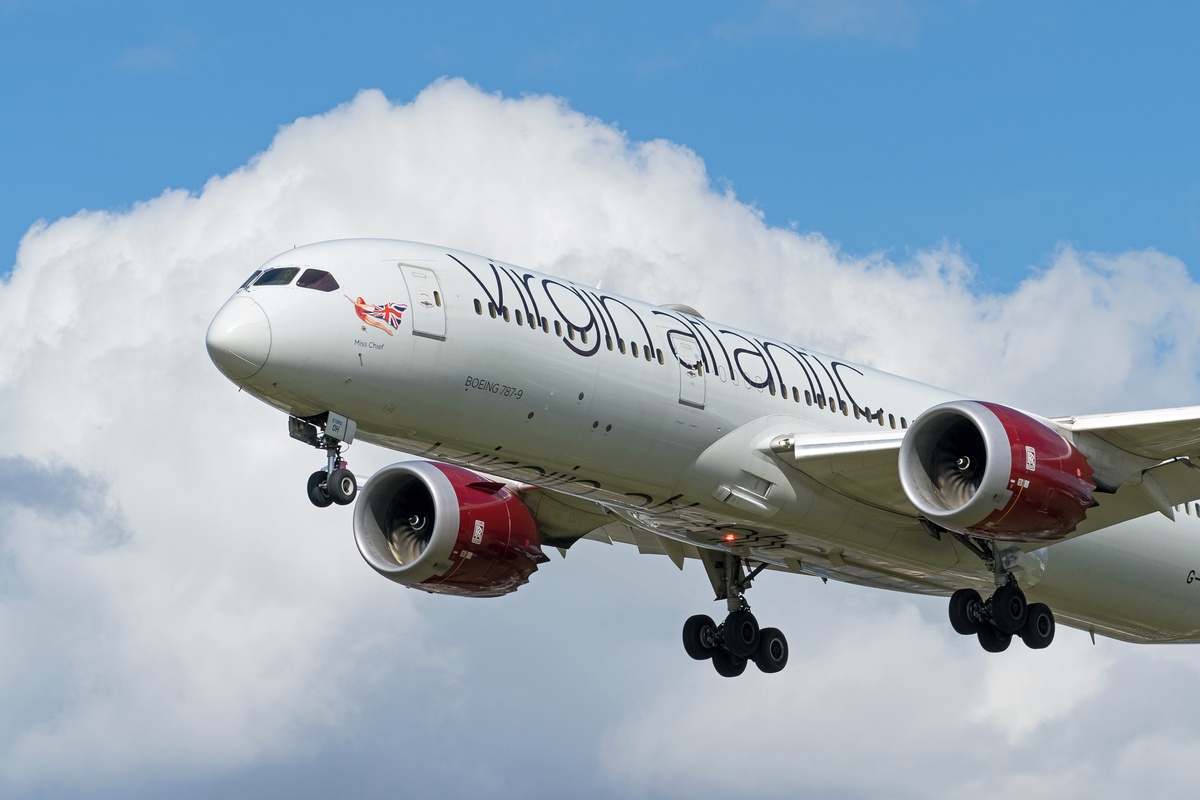American Airlines' Lawsuit Against Ticket Consolidator Reveals Details About Hidden Practices

Skift Take
American Airlines has sued airline ticket consolidator U.S.A. Gateway — which does business as GTT Travel — alleging that GTT duped travelers into thinking they were booking direct with American, and then gouged them with exorbitant fares and fees.
The ticket consolidator business isn't well known, even to some travel industry insiders. But the lawsuit, filed late last month, opens a window into the business model. GTT has until September 22 to respond to the airline's complaint.
Michael Hurst, an attorney with Lynn Pinker Hurst & Schwegmann who represents GTT, told Skift:
"GTT strongly denies the allegations in this litigation. In this case, and in other recent filings, American seems to be blaming the industry’s operational deficiencies on its business partners and others. GTT values the company’s decades-long relationship with American and regrets the rush to litigate, and hopes to amicably and productively work together to resolve any issues. If the parties cannot successfully resolve this matter, GTT is prepared to vigorously defend itself against these unfounded claims."
GTT's website states it is "the largest air ticketing consolidator in the U.S.," and the lawsuit notes that it claims to generate annual "turnover" of more than $2 billion.
Airlines may use consolidators so they can sell otherwise empty seats at steep discounts without publicizing how much they are reducing their published fares.
American said that GTT — which lists partnerships with American, United, Delta, Lufthansa, Emirates and around 50 other global airlines on its website — negotiates a contract with American to get access to the airline's fare code discounts for itself and its travel agency partners. These might include net or wholesale rates. GTT also earns incentives based on volumes of tickets sold. According to the suit, it drives those volumes by striking partnerships with travel agencies.
Here are additional ways that GTT and other airline ticket consolidators make money, according to the lawsuit:
- GTT collects fees from these partner travel agencies, including perhaps a $20 commission per booking, and it may collect an additional 3% of the total booking;
- GTT receives a volume incentive from American;
- When the travel agency partners, or sub-agencies, charge additional fees — whether legitimate or not — to travelers, GTT gets a cut.
In one instance cited in the lawsuit, a GTT sub-agent charged a flyer $1,500 for what should have been an airfare of around $1,000, and GTT allegedly helped its travel agency partner "hide the additional $500 charge."
“GTT and its sub-agents have been engaging in extremely deceptive practices solely to profit GTT and at a cost to travelers," American told Skift in a statement. "GTT is overcharging and hiding charges from customers and engaging in prohibited ticketing practices. Such actions are harmful and unfair to consumers, misrepresent American Airlines, and violate numerous clauses of GTT’s contracts with our airline.”
Another major point in the lawsuit is that GTT allegedly doesn't keep track of its sub-agents' activities, and refuses to provide their names to the airline, as called for in their contract.
The lawsuit alleged that GTT and its travel agency partners at times inflate the actual fare and pocket the difference.
These GTT contractors, the lawsuit alleges, trick consumers with deceptive phone numbers, websites, and social media posts that make consumers think they booking directly with American Airlines – when in fact they are dealing with GTT. This increases GTT's volumes, incentives and commissions, the lawsuit alleges.
As with American's recent lawsuits against Skiplagged and Kiwi.com, American accuses GTT and its travel agency partners of using hidden city ticketing — where a traveler deplanes at a stopover to get a discounted rate compared with paying for a direct flight — and not passing the savings along to the traveler.
"In once recent example, GTT booked 20 tickets on an itinerary that departed Dallas Fort Worth International Airport, stopped at Shanghai Pudong International Airport, and then went on to Hong Kong International Airport. Seventeen of these passengers simply got off at Shanghai and did not travel on to Hong Kong, leaving those seats empty," the lawsuit claimed. "GTT and/or one of its sub-agents did this because it was cheaper than booking these itineraries directly to Shanghai, but did not even pass the savings on to the consumer, but rather pocketed money for itself."
In another alleged area of wrongdoing, American said a sub-agent, listed as Go Travel Desk on the receipt, charged a traveler a $400 "tax fee" on a $1,086 airfare.
"There is no such thing as a 'tax fee.' the lawsuit said. "Yet upon seeing this $400 'tax fee,' GTT took no action to remedy its sub-agent’s obvious fraud, as required by the GTAA (GTT Incentive Agreement)."
American alleged that the practices of GTT and its sub-agents' hurt the airline's revenue in part because travelers were sometimes trying to book directly with American but were fraudulently misdirected. And it hurts the airline's reputation when flyers learn a seat they thought they booked isn't available, or that they have a connecting flight they can't reasonably make.
American accuses GTT and its travel agency partners of unethical practices and breach of contract.
"GTT’s sub-agents are using American’s tickets, data and content to engage in abusive practices and fraudulent activity, including by misrepresenting themselves to consumers, improperly seaming tickets, falsely representing certain tickets are not available, inflating ticket prices, charging made-up fees such as 'wheelchair' fees, seat assignment fees, and unauthorized baggage fees, hiding agency charges from the customer, and misappropriating American’s data and content in order to accomplish this," the lawsuit says.
American is seeking damages, attorneys fees, and "that GTT pay prejudgment and post-judgment interest at the highest rate possible."





